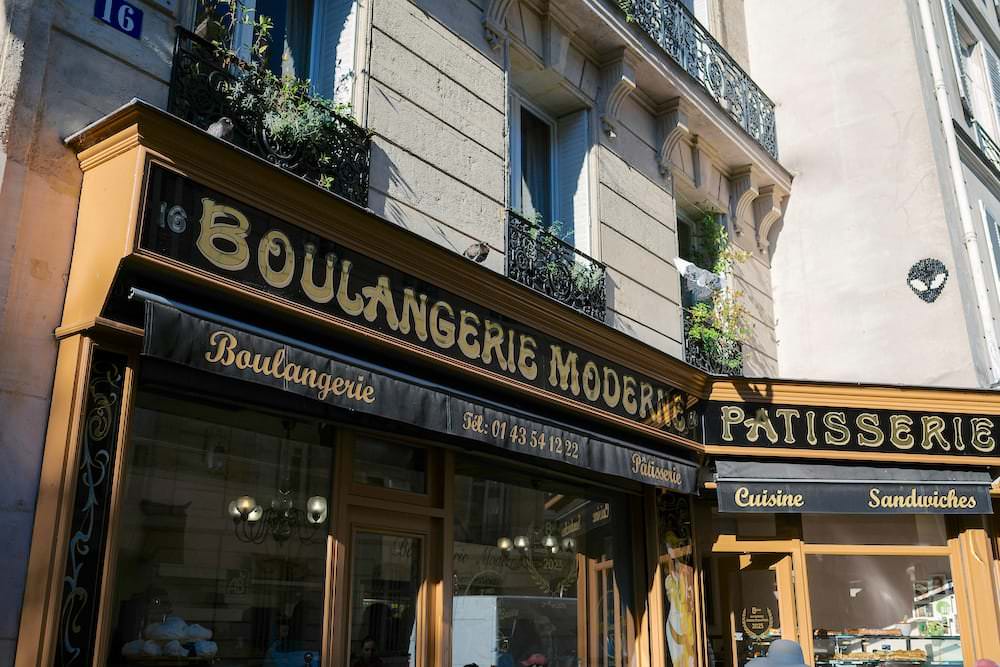pas mal
The French phrase “pas mal” is a common expression that translates literally to “not bad” in English. However, its meaning can vary depending on context, tone, and situation. It can express anything from mild approval to genuine admiration, and sometimes even sarcasm.
1. Literal Meaning: “Not Bad”
When used neutrally, “pas mal” simply means something is decent or acceptable without being outstanding.
- “Comment était le film ?” “Pas mal.” (“How was the movie?” “Not bad.”)
- “Ton dessin est pas mal.” (“Your drawing is not bad.”)
2. Positive Meaning: “Pretty Good” or “Quite Impressive”
In some cases, “pas mal” can convey stronger approval, suggesting something is better than expected.
- “Tu as couru 10 km ? Pas mal !” (“You ran 10 km? Pretty good!”)
- “Ce restaurant est pas mal du tout.” (“This restaurant is quite good.”)
3. Understated Compliment: “Not Too Shabby”
French speakers sometimes use “pas mal” to give a compliment in a modest or understated way.
- “Ta nouvelle voiture est pas mal !” (“Your new car isn’t too shabby!”)
- “Il parle anglais pas mal pour un Français.” (“He speaks English pretty well for a French person.”)
4. Sarcastic or Ironic Use: “Not Great”
Depending on tone, “pas mal” can imply the opposite—that something is mediocre or disappointing.
- “Il a plu tout l’été.” “Pas mal, hein ?” (“It rained all summer.” “Not great, huh?”)
- “Tu as oublié mon anniversaire ? Pas mal…” (“You forgot my birthday? Not cool…”)
5. Quantitative Use: “Quite a Few” or “A Fair Amount”
When referring to quantity, “pas mal” can mean “a lot” or “quite a bit.”
- “Il y a pas mal de monde ici.” (“There are quite a few people here.”)
- “J’ai pas mal de travail aujourd’hui.” (“I have a fair amount of work today.”)






